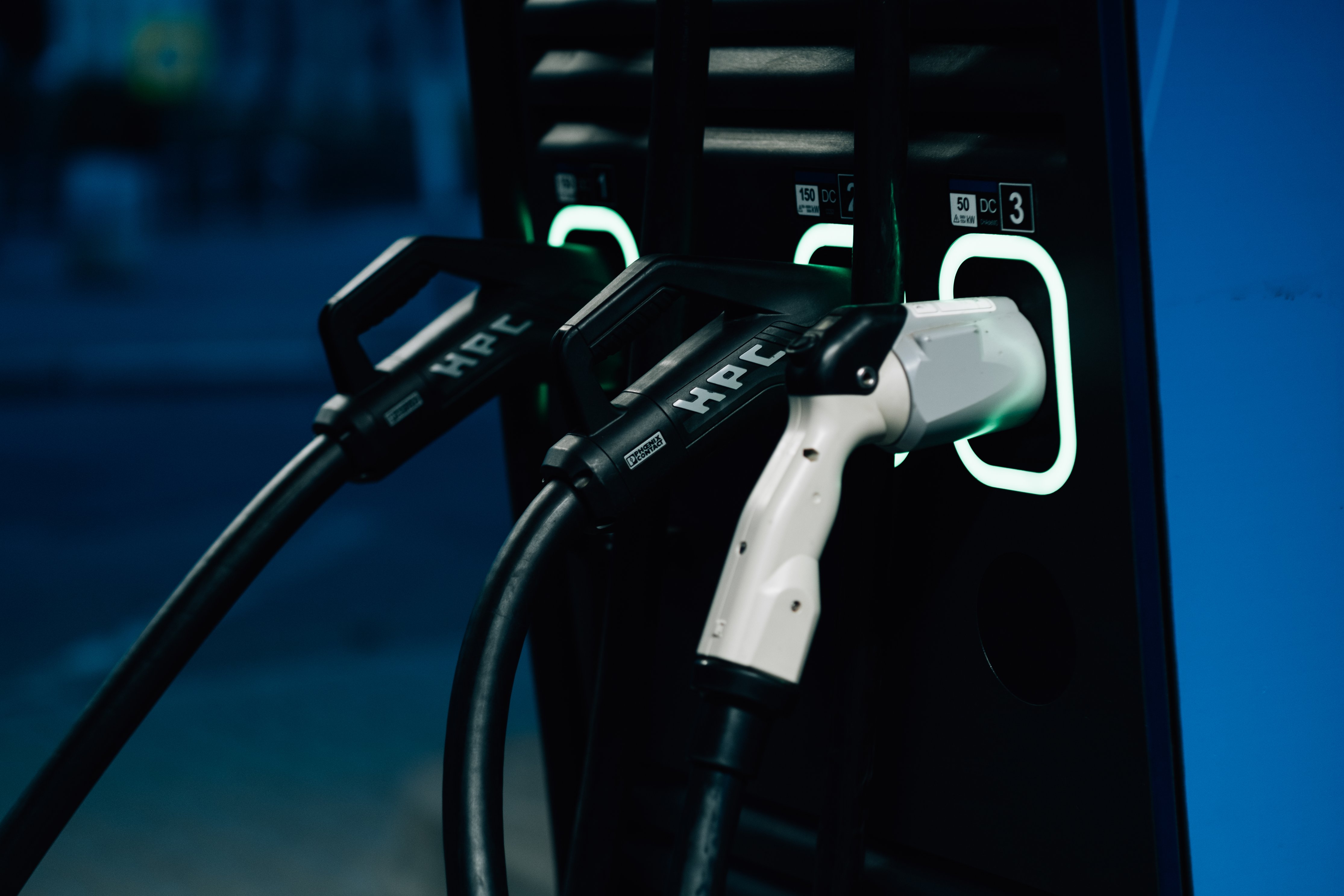
12/13/2021
Battery-powered trucks are the future. Or, are they?
While it is fantastic to be a part of and witness a massive technological leap from combustion to electrical engines, it’s still too early to tell whether being a first-adopter is a smart idea. Since the technology in question is relatively new, fleet owners can and should expect the road to success to be a rather bumpy one.
Even though one cannot deny the massive significance of perks that come with battery-powered vehicles, they are still somewhat of a novelty and are thus a risky investment, to say the least.
To help the early adopters, we’ve made a list of things fleet owners should consider before diving head-first into new technologies.
A Few Important Things You Should Consider Before Electrifying Your Fleet
Here are a few things you should think about before investing in battery-powered trucks:
- Figure Out the Costs and Charging Capacities
One of the most important things you should research before electrifying your fleet is whether there is enough capacity (on a municipal level) to meet your fleet’s needs. In other words, engage your local utility to ensure they have ample capacity to support your fleet’s needs at all times, regardless of the network load during peak times.
More importantly, it would be best if you had a good idea of the costs of your endeavor before you pull the trigger. For instance, some major metro areas in the United States charge up to 20 cents per kW. A few miles away, in another county, you could end up paying as low as 5-6 cents per kW. As you can assume, this is a massive price difference, especially on a large scale when you have dozens of trucks.
Needless to say, the key is to find a delicate balance between a great location and a reasonable price. Unfortunately, at the moment, it’s easier said than done.
-
Collaborate With Clients Who Share Your Vision
Since the idea of battery-powered trucks is still in its infancy, it is of utmost importance for you to find like-minded clients who are willing to take calculated risks. Zero-emission trucks are an incredibly cool idea, to say the least, but we still aren’t sure about the ramifications of switching from fuel to electricity.
What are the potential downtimes? Are electric trucks reliable enough? Can they haul countless loads without having major hiccups? Are you willing to put some money down and take some calculated risks?
These questions are hard to answer at the moment, which is not alarming in the world of early adopters, but you have to keep in mind that companies and clients prioritize profits instead of questionable technological upgrades.
-
Finding the Right People for Maintenance
Another burden of switching from fuel to electricity is the fact that there are not many certified technicians who can perform regular maintenance on your trucks. Having said that, the climate inside the battery-powered vehicles eco-system is rapidly changing, and more and more technicians are taking specialization courses to stay on par with the technology.
While finding the right crew to maintain your trucks can be a bit challenging, it’s only going to become easier to find qualified people. In essence, whoever you decide to hire as a part of your maintenance crew, make sure they actually know what they are doing.
-
Don’t Hesitate to Pull the Trigger Once You Calculate the Risks
As with any other business, there is no concrete answer to whether you should or shouldn’t venture into new waters. Ultimately, the decision falls on you, and that’s why it’s important to conduct as much market research as possible and reduce your risks that way.
However, you still can’t count on guaranteed success. If you decide to electrify your fleet, brace yourself for some financial losses, logistic issues, and general predicaments that come with being a pioneer in a particular industry.
If you’d like to read more about the new trends in the trucking industry, please read some of our previous articles and follow us on social media!







Leave A Comment